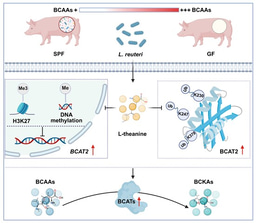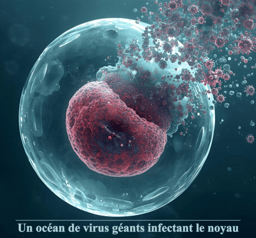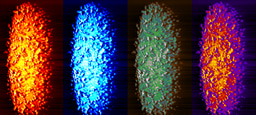Can we treat cancer with the microbiota?
Published in Microbiology
We focused on microbiota members that are underrepresented in the early stages of tumorigenesis and found a mouse strain (Faecalibaculum rodentium PB1) and its human counterpart (Holdemanella biformis) to be underepresented in mouse models or human intestinal advanced adenoma patients. Both strains release short chain fatty acids and control tumor growth in vitro and in vivo.
This is just the beginning of identification of microbiota members that might eventually be used to treat cancer.
Follow the Topic
-
Nature Microbiology

An online-only monthly journal interested in all aspects of microorganisms, be it their evolution, physiology and cell biology; their interactions with each other, with a host or with an environment; or their societal significance.
Related Collections
With Collections, you can get published faster and increase your visibility.
The Clinical Microbiome
Publishing Model: Hybrid
Deadline: Mar 11, 2026





Please sign in or register for FREE
If you are a registered user on Research Communities by Springer Nature, please sign in